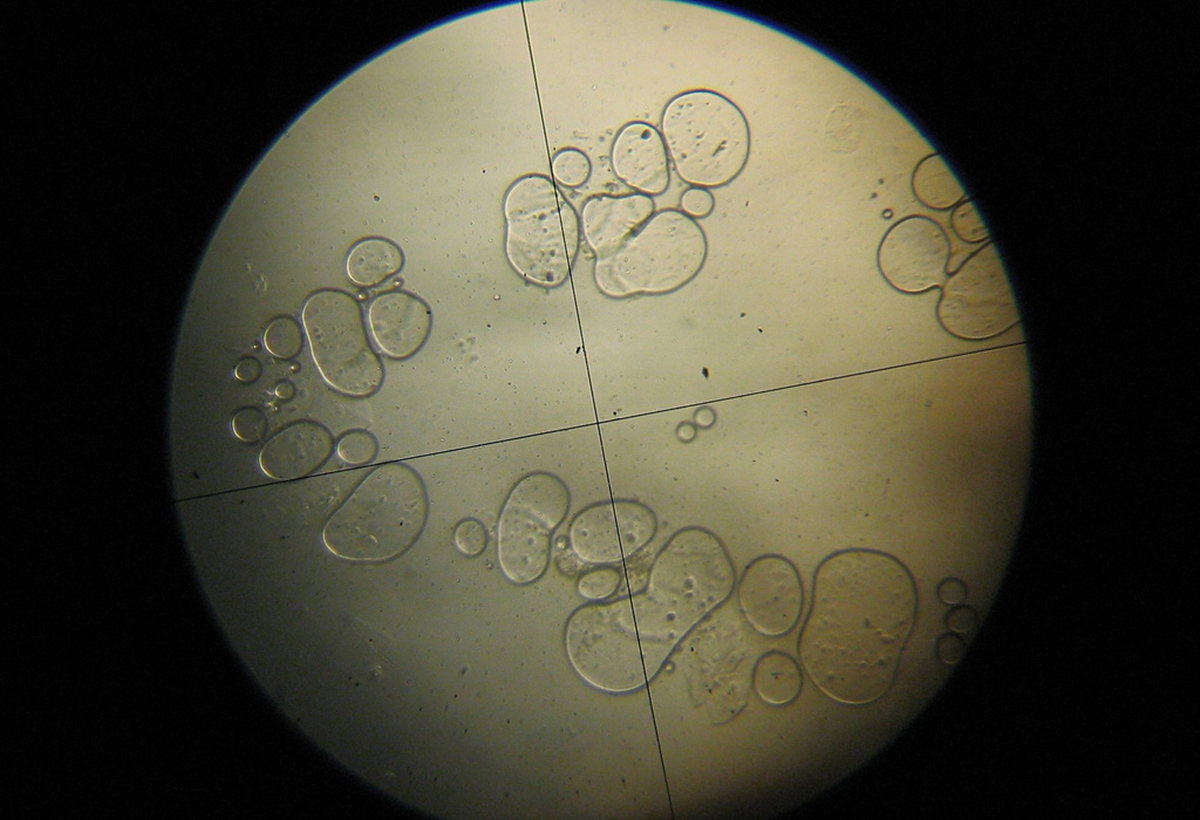Table of Contents
Management Of Excessive Salivation
The management of Sialorrhea begins with an assessment of the severity of the situation. There are several parameters that doctors will use to classify excessive salivation as mild, moderate or severe.
The assessment will require a team of doctors to work together including a primary care physician, a speech therapist, a dentist and a neurologist. A combination of their findings will help understand the impact of the condition on the quality of life as well as offer a guide to the treatment that is necessary.

For mild cases, doctors will often just try a combination of observation and some training to improve the muscular control in the patient. The ideal outcome of this would be a complete resolution of the condition, something that occurs in a large majority of the cases. The speech therapist plays a major role in this treatment.
For Moderate cases, any identifiable factors like a large tongue or poor dental occlusion need to be corrected first. Once the underlying cause has been taken care of, the patient is then monitored to see whether further rehabilitation is necessary.
Some patients may require the use of fixed orthodontic "training" devices like movable beads, customized plates and others to help train the movement so the tongue. Speech therapy will also form a part of the overall treatment plan. In cases where these measures do not work, other more invasive forms of treatment need to be considered.
Anticholinergic Medication
This class of drugs helps reduce the amount of saliva being produced by the salivary glands by blocking some of the nerve impulses to those glands. They have been found to extremely effective in the management of excessive salivation, however, their use is contraindicated in people with certain medical conditions like glaucoma, GI disorders and others.
They are also associated with other side effects which may affect the quality of life.
Botulinum Toxin
The use of Botulinum toxin in the management of Sialorrhea is a relatively new procedure. It involves the injection of the toxin into the glands to reduce the amount of saliva being produced. Initial results have been very encouraging and free of side effects.
GERD treatment
As mentioned earlier, acid reflux is one of the causes for the occurrence of excessive salivation. Patients who underwent treatment for GERD found a significant amount of improvement in their problems with salivation.
The link between GERD and salivation is tenuous as of now and requires more scientific validity.
READ Raising GERD Awareness: Be Aware of Heartburn
Radiation Therapy
Targeted radiation therapy to reduce the activity of the salivary glands is an option that is considered for those people that are medically unfit to undergo a surgical procedure. One concern is that malignancies may be triggered off due to this therapy, however, since these typically appear after 10 to 15 years, it is not much of a concern in the elderly.
Surgery
Different surgical options exist, like cutting off the nerve connections to the salivary glands, ligating their ducts or removing the salivary glands altogether. These procedures are quite invasive in nature and may cause associated side effects. They are only considered if all other options fail to offer any relief to the patient.
- www.alsa.org/als-care/resources/publications-videos/factsheets/saliva.html?referrer=https://www.google.co.in/
- www.aafp.org/afp/2004/0601/p2628.html
- www.healthline.com/symptom/drooling
- Photo courtesy of simplifica: www.flickr.com/photos/simplifica/4935648702/
- Photo courtesy of conskeptical: www.flickr.com/photos/conskeptical/658409688/
- Photo courtesy of simplifica: www.flickr.com/photos/simplifica/4935648702/


Your thoughts on this